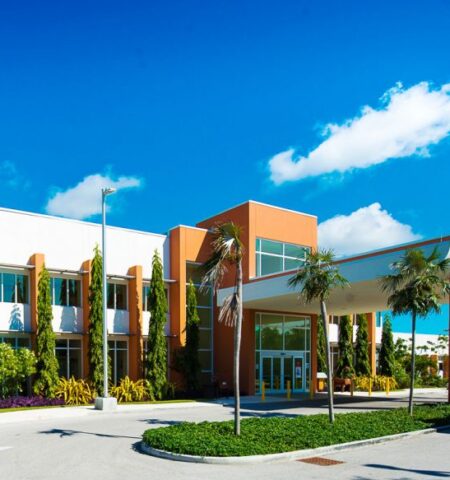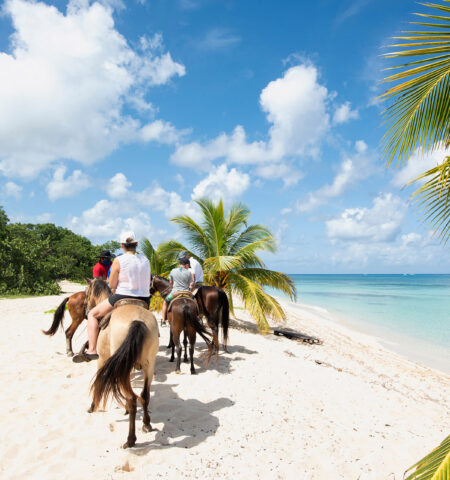
The Cayman Islands
Lying in the heart of the Caribbean Sea, the Cayman Islands consist of three main islands: Grand Cayman, Cayman Brac, and Little Cayman. Renowned for their crystal-clear waters, vibrant coral reefs, and friendly atmosphere, these islands are not just a tropical paradise but also a thriving international financial center.
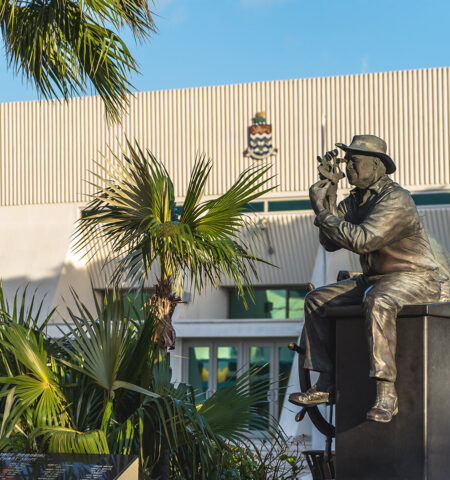
Local culture and lifestyle
The Cayman Islands boast a rich cultural tapestry influenced by a mix of Caribbean, British, and global traditions. English is the official language, and the local population is known for its warm hospitality. Embrace a lifestyle that revolves around enjoying the outdoors, with water-based activities like snorkelling, diving, and boating being popular pastimes.
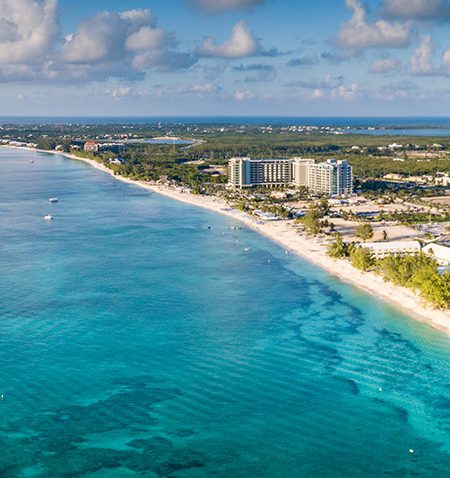
Climate and weather
Experience a tropical climate featuring warm temperatures throughout the year. Ideal, right? The dry season, from November to April, brings cooler temperatures, while the wet season, from May to October, sees occasional showers. Be prepared for abundant sunshine, making the Cayman Islands an ideal destination for those seeking a sun-soaked lifestyle
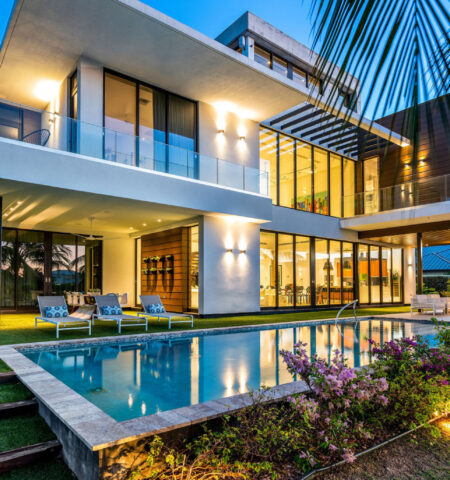
Housing and real estate options
The Cayman Islands offer a diverse range of housing options to suit various preferences and budgets. From beachfront condos with breathtaking sea views to inland homes in tranquil neighbourhoods, the real estate market caters to both expatriates and locals. Explore areas like Seven Mile Beach for luxury living, South Sound for coastal paradise, or Camana Bay for a modern, vibrant community.
Tax neutrality
Internationally recognized as one of the top off-shore centres, Cayman residents enjoy freedom from direct taxation, comparing favourably to many other tax-free jurisdictions. There are no taxes for property, personal income, capital gains, inheritance, corporate or payroll, as well as withholding taxes for domestic or foreign entities.
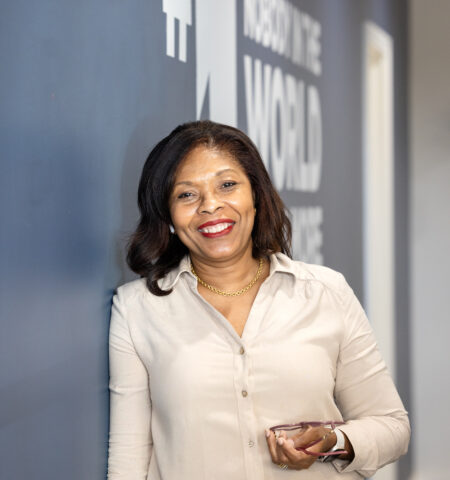
Financial dynamics
While the Cayman Islands are known for their tax-free status, it’s worth being aware of the financial dynamics of islands life. Groceries, utilities, and housing expenses can be relatively high, as with many islands, but the absence of income tax, property tax and other taxes helps balance the overall cost. Consider your lifestyle and budget when planning your move.
